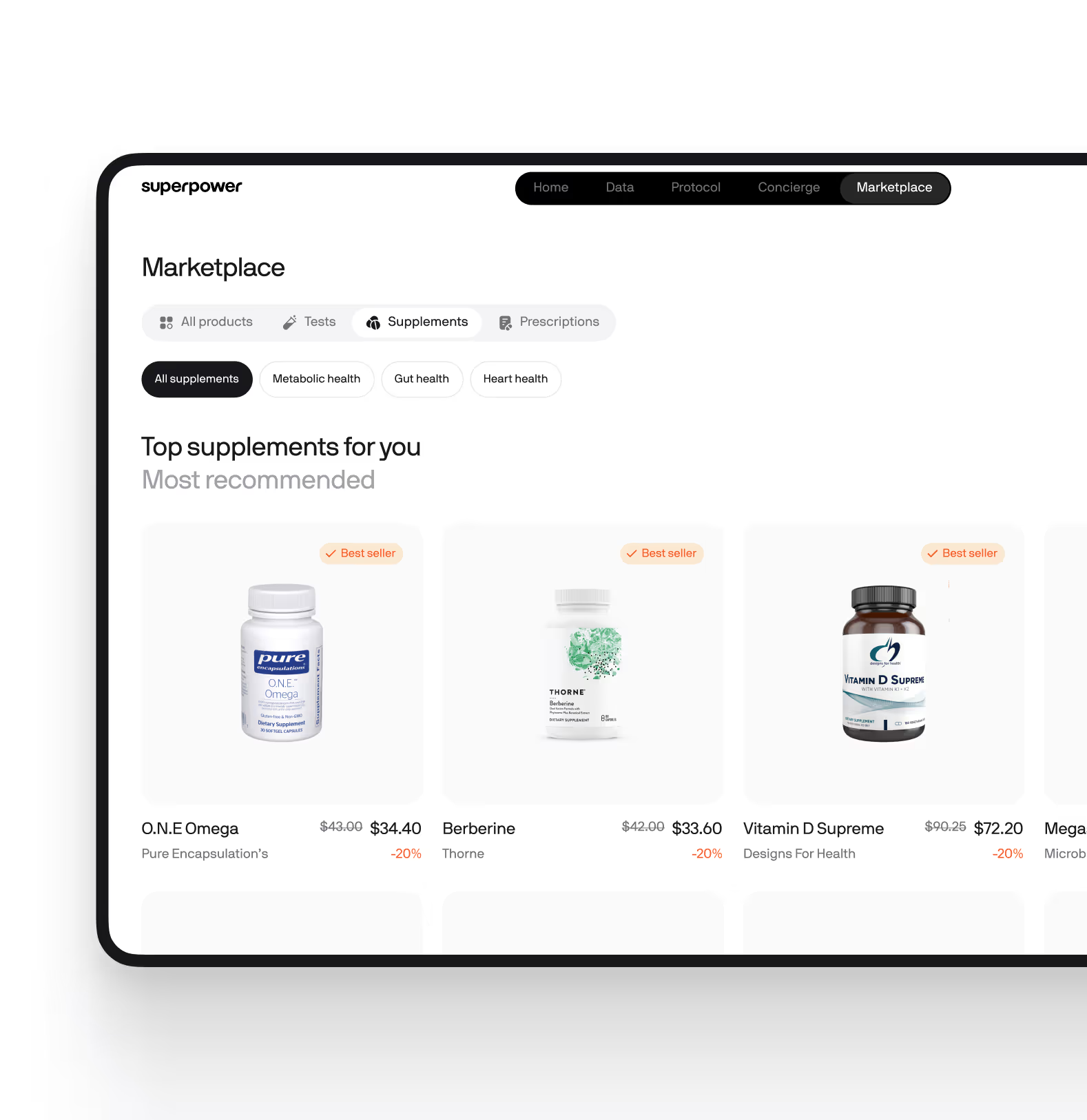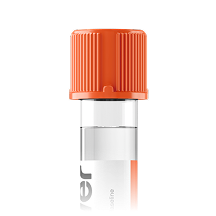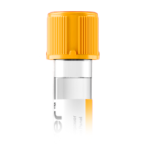Key Insights
- Understand how this test reveals your DNA repair status related to prostate cancer risk and tumor behavior.
- Identify pathogenic or likely pathogenic BRCA1 variants that can help explain early-onset or more aggressive prostate cancer and clarify inherited risk for relatives.
- Learn how family history, ancestry, tumor features, and prior treatments may shape what a BRCA1 result means for your cancer journey.
- Use insights to guide clinician-led decisions on screening intensity, biopsy thresholds, and eligibility for targeted therapies that leverage DNA repair weakness.
- Track how results change over time when tumor testing is repeated, since somatic BRCA1 alterations and genomic instability can evolve during treatment.
- Integrate findings with PSA trends, imaging, tumor genomics, and other DNA repair genes (e.g., BRCA2, ATM, CHEK2) to build a fuller picture of risk and response.
What Is a BRCA1 Gene Test?
A BRCA1 gene test analyzes the BRCA1 tumor suppressor gene to look for DNA changes that impair repair of double-strand breaks. It can be performed on a blood or saliva sample to find inherited (germline) variants, or on tumor tissue/liquid biopsy to identify acquired (somatic) variants within the cancer. Most clinical labs use next-generation sequencing to read the gene’s coding regions and splice sites, often paired with deletion/duplication analysis to detect large rearrangements. Results are classified using expert guidelines as pathogenic, likely pathogenic, variant of uncertain significance (VUS), likely benign, or benign. Unlike typical “levels,” this is a qualitative result interpreted against established databases and criteria. Some reports also note zygosity and, for tumor assays, the variant allele fraction.
Why this matters: BRCA1 is a cornerstone of homologous recombination repair. When it is faulty, DNA errors accumulate, driving genomic instability that can initiate and accelerate prostate cancer. Testing offers objective, biology-first insight into how a tumor forms, spreads, and responds to pressure. It complements standard measures like PSA by revealing the wiring behind the walls, not just the smoke alarm. For people with prostate cancer or strong family history, the brca1 gene test can surface hidden risk, refine prognosis, and open paths to precision treatments while informing relatives about their own risk profile.
Why Is It Important to Test Your BRCA1?
BRCA1 sits at the intersection of DNA repair, cell-cycle control, and tumor suppression. In prostate cancer, loss of BRCA1 function can tip the balance toward faster growth, higher Gleason grade, earlier recurrence, and greater likelihood of metastasis. That’s because unrepaired DNA breaks fuel the mutations and chromosomal chaos cancer cells use to survive. Testing is especially relevant if you have metastatic or high-risk localized prostate cancer, were diagnosed at a younger age than typical, have Ashkenazi Jewish ancestry (where certain founder variants are more common), or have a family pattern of breast, ovarian, pancreatic, or prostate cancers. Tumor testing can also uncover BRCA1 alterations that arise during the disease course, which may differ from your inherited DNA.
Big picture: BRCA1 testing supports prevention and precision. It helps quantify inherited risk for you and your family, refine screening strategies, and connect tumor biology to targeted options like PARP inhibitor–based regimens or platinum sensitivity when appropriate in oncology care. Over time, it can anchor a plan that measures progress objectively, detects early warning signs of aggressive behavior, and monitors how the cancer adapts. The goal isn’t to “pass” or “fail” a gene test; it’s to understand your biology so decisions are better timed, better matched, and more effective.
What Insights Will I Get From a BRCA1 Gene Test?
Results are typically presented as whether a pathogenic or likely pathogenic variant is detected, absent, or uncertain (VUS), and for tumor tests may include the fraction of tumor DNA carrying the variant or related genomic instability signals. “Normal” in genetics generally means no pathogenic variant detected rather than a numerical range, while “optimal” reflects having intact DNA repair without evidence of high-risk alterations.
If no pathogenic variant is found, it suggests typical BRCA1 function, though tumor behavior still depends on other genes and pathways. A pathogenic or likely pathogenic result indicates a compromised repair system and raises the chance of aggressive features, which can influence screening intensity, surgical and radiation planning, and candidacy for therapies that exploit DNA repair weakness. VUS results are common and not actionable until reclassified—context with family history, ancestry, and updated databases matters.
Higher or lower “values” don’t apply to germline BRCA1, but in tumors, a higher variant allele fraction or accompanying homologous recombination deficiency signals can point to broader repair failure and potential sensitivity to DNA-damaging strategies. Abnormal genetic findings do not equal a diagnosis by themselves; they guide the next, smarter questions with your oncology team.
The real power is in patterns over time. When your BRCA1 status is considered alongside PSA kinetics, imaging, additional DNA repair genes, and clinical course, it can reveal meaningful trends that support early detection, more precise treatment choices, and long-term resilience.
.avif)

.svg)








.avif)



.svg)





.svg)


.svg)


.svg)

.avif)
.svg)










.avif)
.avif)



.avif)







.png)